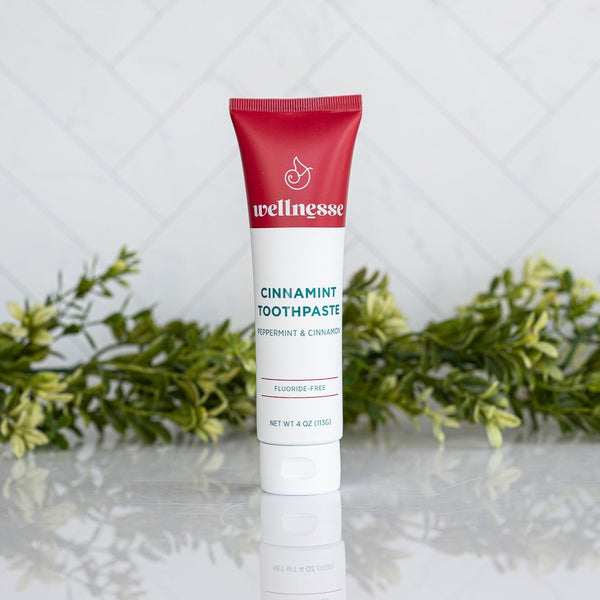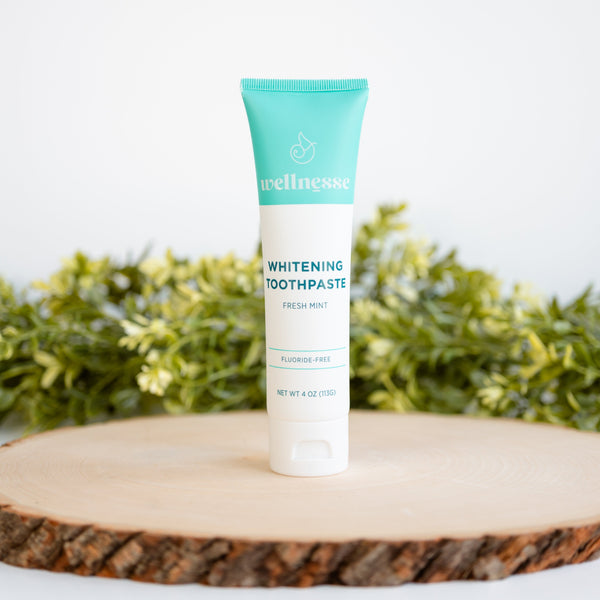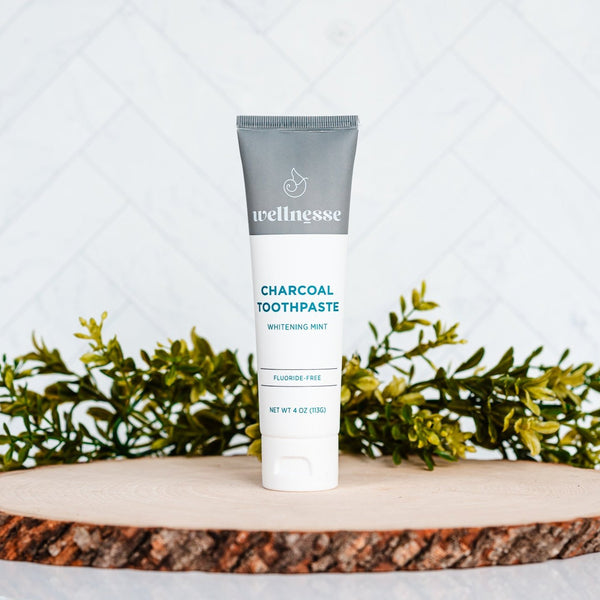Single-use plastics, or disposable plastics, are everywhere. These items are intended to only be used once before being thrown away. This includes everyday things like plastic bags, plastic water bottles, straws, and food packaging. While they may seem convenient in our fast-paced society, the impact of these single-use plastics on our health and environment is immense.
Plastic production began in the 1950s and has nearly doubled in the last two decades. Since we began making it, 8.3 billion metric tons of plastics have been produced worldwide. Sadly, only about 9% of plastic is recycled.
Of the plastic that’s not recycled, it ends up in landfills or burned. From landfills, it can be swept away due to the storms, wind, and water runoff. There it pollutes our oceans and litters our land. It harms the wildlife and marine life, who often mistake it for food.
Unfortunately, plastic isn’t biodegradable, meaning it doesn’t break down into natural materials. Because it’s not biodegradable, it often breaks apart into smaller pieces called microplastics. These microplastics can be harmful to marine life and eventually end up in our food and drinking water. Microplastics have been found in tap water, bottled water, seafood, and even salt. These particles cannot be completely filtered out.
The effects of plastic on our health, environment, and climate are numerous. That’s why, at Wellnesse, we’re making a conscious effort to avoid using plastics in our packaging.
The Impact of Single-Use Plastics on Our Health
Because plastic is made of chemicals, and if we use plastic bottles and containers to store products we consume, those chemicals make their way into our bodies. Chemicals like bisphenol A (BPA), phthalates, dioxins, and styrene can leach into our personal care products, food, and drinks, especially when exposed to heat or sunlight. These chemicals have been linked to various health issues, such as cancer, birth defects, and hormonal imbalances.
BPA has been linked to reproductive issues, obesity, and cancer. Phthalates have been found to affect the endocrine system, leading to hormonal imbalances and potential developmental problems in children. Dioxins are known carcinogens and can also cause reproductive and developmental problems.
Styrene, commonly found in plastic and polystyrene foam products, has been linked to respiratory issues and potential neurotoxicity, with studies showing a higher risk of leukemia in workers exposed to the chemical.
But these chemicals we’ve mentioned aren’t the only harmful ones present in plastic. Of the more than 4,000 chemicals used in plastic production, 148 have been directly identified as dangerous to both humans and the environment. This alarming number only highlights the need to reduce our use of single-use plastics and opt for more sustainable alternatives.
The Impact of Plastic on the Environment
The impact of plastic is greater than just on our health. Single-use plastics impact the health of the earth as well — from our oceans and marine life to our land and wildlife. Because plastic can take hundreds of years to decompose, it’s a long-term problem for the environment.
Our oceans are polluted at alarming rates. This not only impacts the water but also marine life. Land animals like birds and mammals, along with marine life, can become tangled in it as they swim or fly. This often leads to death. An estimated 100,000 marine mammals and turtles die from plastic entanglement each year.
Other animals accidentally ingest the plastic, thinking it's food. Whales, turtles, and other sea creatures can choke or find themselves with an intestinal blockage. Research shows that about half of all sea turtles have eaten plastic. Sometimes the animal will fill up on plastic and think they are full, only to die of starvation.
Ingesting plastics not only affects the individual animals, it also has a cascading effect on the entire ecosystem. When animals ingest plastic, the chemicals and toxins can accumulate in their bodies, potentially leading to reproductive issues or even death. As they are eaten by larger predators, these chemicals can move up the food chain and potentially end up on our plates.
Plants and trees can also be affected by littered plastic, hindering their growth and ability to thrive. As microplastics leech into the soil, they can contaminate the soil and our water sources, affecting the entire ecosystem.
In addition to the impact of plastic litter on our environment, the creation of plastic is harming our earth. Plastic is made from non-renewable fossil fuels. Not only does the drilling and transporting of these resources cause air pollution, but once the fossil fuels have been used up, we can’t get more. That means we are using up resources in the earth that will run out at some point.
What Can We Do?
While this can seem like an overwhelming problem, the good news is that one person can make a difference! By simply choosing reusable and sustainable packaging over plastic, this creates massive improvements in our health and environment. As often as possible, opt for reusable alternatives such as cloth bags, metal straws, and refillable water bottles.
The majority of plastic waste comes from packaging, so supporting companies that use sustainable and eco-friendly packaging is crucial. When we choose products packaged in glass, paper, or biodegradable materials, we are making active steps to improving our problem with single-use plastics.
How does Wellnesse fit in?
Wellnesse: Choosing Sustainable Packaging
Many companies are now taking steps to reduce their use of single-use plastics and opt for more sustainable packaging options. Wellnesse prides itself on its commitment to sustainability.
Wellnesse's products, ranging from toothpaste to haircare, are packaged in containers made from glass, cardboard, or sugarcane bioplastic, a fantastic alternative to traditional plastic. Sugarcane plastic is 100% compostable, unlike traditional plastics, which can take up to 500 years to decompose (although it never fully disappears).
Sugarcane bioplastic is increasingly being recognized as a sustainable alternative to traditional plastics. It is made from renewable resources and reduces greenhouse gas emissions.
We also know that what you put on your skin goes directly into your body. Using products that are stored in traditional plastic bottles or containers will leach the chemicals from plastic right into your body.
By choosing this sustainable packaging option, Wellnesse is reducing its contribution to the plastic crisis and helping create a healthier planet for future generations. The efforts we’ve made to reduce our use of plastic and prioritize sustainability have led to our certification as a B Corp, meaning we’ve met rigorous standards of social and environmental performance, accountability, and transparency.
Choosing a Plastic-Free Future
The impact of plastic on our health and the environment cannot be ignored. Plastic production and waste contribute to declining health, greenhouse gas emissions, air pollution, and harm to animals in our oceans and on land.
As consumers, we have a responsibility to reduce our consumption of single-use plastics and support companies that prioritize sustainability. By choosing companies that prioritize sustainable packaging and avoiding harmful chemicals in our products, we can help create a healthier world for ourselves and future generations.
Join the movement towards a plastic-free future by making conscious choices and advocating for change!








